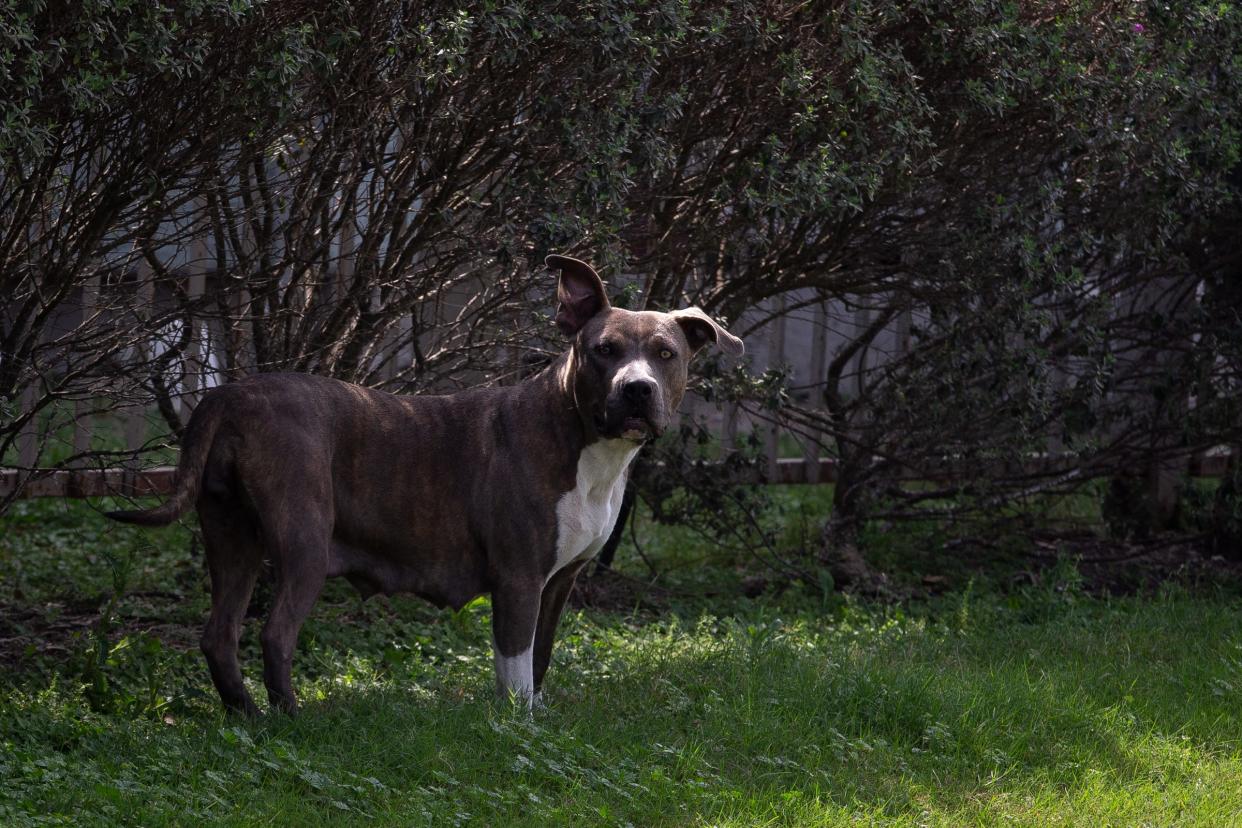Owners of 'unsterilized' cats and dogs will soon need to pay for a permit: What to know

It will soon cost residents more to own cats or dogs if they aren’t spayed or neutered.
The Corpus Christi City Council endorsed on Tuesday a $50 annual permit required for “intact” feline and canines — that is, unsterilized — that are older than 6 months.
The amendment was among a slew of updates to the city’s animal care and control ordinances approved by the council — adjustments officials say are intended to improve public safety, curb overpopulation of strays and discourage operations of what are known as "puppy mills."
Also included are additional regulations on cat and dog sales, as well as stricter codes for aggressive dogs.
All the ordinances go into effect in October, and breaking the rules comes with its own bill — penalties of up to $500.
Here are some of the highlights.
Who needs a permit?
Anyone who owns a cat or dog — regardless of whether the animal regularly roams free or is restricted to a house or backyard — that is 6 months or older and hasn’t been spayed or neutered.
However, there are certain exceptions listed in the ordinance.
Those include a veterinarian’s written statement citing health concerns and an exemption for temporary residents or visitors whose pet is in the city for less than 60 days, city documents show.
An existing law stipulates that owners of dogs found "running at large" spay or neuter the dog within 30 days.
What does the stray population look like now?
There were more than 7,000 calls related to stray animals in 2022, according to the report given by city officials — although they noted some cases might have generated multiple calls.
Total cases last year involved at least 2,500 for animals roaming and at least 3,100 for aggressive animals, as well as nearly 3,500 animals impounded last year, according to the presentation Tuesday.
Sterilization requirements, in combination with expansion of the city’s spay and neuter contract services, are expected to decrease service calls, said Assistant City Manager Linda Stewart.
The council recently approved spending up to $250,000 combined for one-year contracts with two organizations —The Cattery and People Assisting Animal Control — to provide low-cost spay and neuter services.
What are the changes for pet sales?
Pet shops, once the ordinance goes into effect, may no longer sell dogs or cats — a move city officials said is aimed at encouraging adoptions.
Instead, shopkeepers can set aside areas that feature dogs and cats up for adoption under the condition that the animals be from two types of agencies: either the city or animal rescue organizations with a specific city agreement, according to the council presentation.
Previously, pet shops could sell dogs and cats as long as they held a permit to do so.
The prohibition would be in addition to a current ordinance banning the sale and purchase of animals on public property, including streets and parking lots.
What about aggressive dogs?
Shorter leashes are among the new policies for dogs designated as aggressive or dangerous, once the law goes into effect, according to the city’s report.
The current ordinance mandates that owners use a 6-foot leash when an aggressive dog is off property.
The revised ordinance calls for the leashes to be 3 feet and purchased specifically at the city's animal care services division.
This article originally appeared on Corpus Christi Caller Times: Here's how much it will cost to own a cat or dog that isn't sterilized

